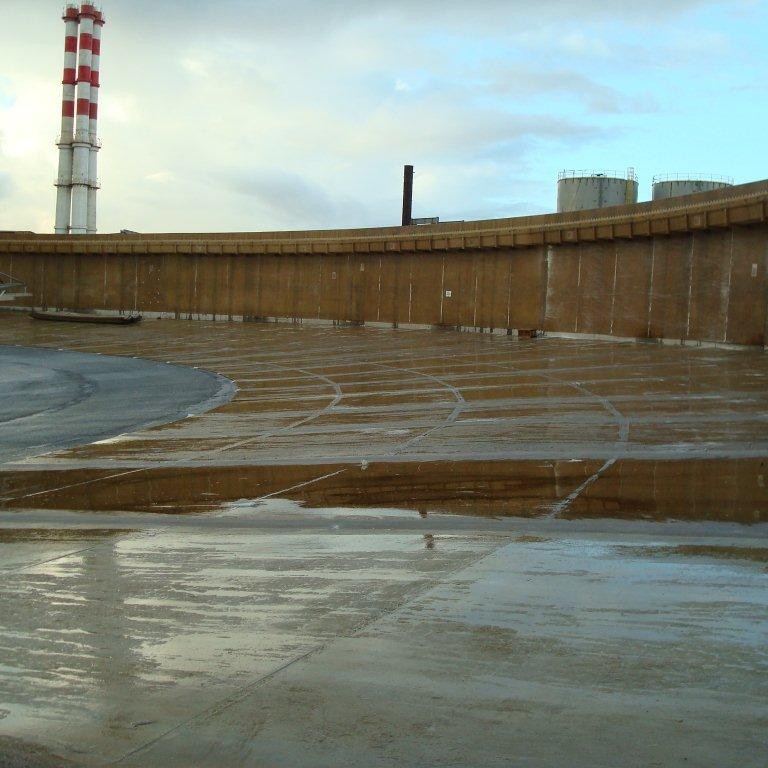
-
 Afrikaans
Afrikaans -
 Albanian
Albanian -
 Amharic
Amharic -
 Arabic
Arabic -
 Armenian
Armenian -
 Azerbaijani
Azerbaijani -
 Basque
Basque -
 Belarusian
Belarusian -
 Bengali
Bengali -
 Bosnian
Bosnian -
 Bulgarian
Bulgarian -
 Catalan
Catalan -
 Cebuano
Cebuano -
 China
China -
 China (Taiwan)
China (Taiwan) -
 Corsican
Corsican -
 Croatian
Croatian -
 Czech
Czech -
 Danish
Danish -
 Dutch
Dutch -
 English
English -
 Esperanto
Esperanto -
 Estonian
Estonian -
 Finnish
Finnish -
 French
French -
 Frisian
Frisian -
 Galician
Galician -
 Georgian
Georgian -
 German
German -
 Greek
Greek -
 Gujarati
Gujarati -
 Haitian Creole
Haitian Creole -
 hausa
hausa -
 hawaiian
hawaiian -
 Hebrew
Hebrew -
 Hindi
Hindi -
 Miao
Miao -
 Hungarian
Hungarian -
 Icelandic
Icelandic -
 igbo
igbo -
 Indonesian
Indonesian -
 irish
irish -
 Italian
Italian -
 Japanese
Japanese -
 Javanese
Javanese -
 Kannada
Kannada -
 kazakh
kazakh -
 Khmer
Khmer -
 Rwandese
Rwandese -
 Korean
Korean -
 Kurdish
Kurdish -
 Kyrgyz
Kyrgyz -
 Lao
Lao -
 Latin
Latin -
 Latvian
Latvian -
 Lithuanian
Lithuanian -
 Luxembourgish
Luxembourgish -
 Macedonian
Macedonian -
 Malgashi
Malgashi -
 Malay
Malay -
 Malayalam
Malayalam -
 Maltese
Maltese -
 Maori
Maori -
 Marathi
Marathi -
 Mongolian
Mongolian -
 Myanmar
Myanmar -
 Nepali
Nepali -
 Norwegian
Norwegian -
 Norwegian
Norwegian -
 Occitan
Occitan -
 Pashto
Pashto -
 Persian
Persian -
 Polish
Polish -
 Portuguese
Portuguese -
 Punjabi
Punjabi -
 Romanian
Romanian -
 Russian
Russian -
 Samoan
Samoan -
 Scottish Gaelic
Scottish Gaelic -
 Serbian
Serbian -
 Sesotho
Sesotho -
 Shona
Shona -
 Sindhi
Sindhi -
 Sinhala
Sinhala -
 Slovak
Slovak -
 Slovenian
Slovenian -
 Somali
Somali -
 Spanish
Spanish -
 Sundanese
Sundanese -
 Swahili
Swahili -
 Swedish
Swedish -
 Tagalog
Tagalog -
 Tajik
Tajik -
 Tamil
Tamil -
 Tatar
Tatar -
 Telugu
Telugu -
 Thai
Thai -
 Turkish
Turkish -
 Turkmen
Turkmen -
 Ukrainian
Ukrainian -
 Urdu
Urdu -
 Uighur
Uighur -
 Uzbek
Uzbek -
 Vietnamese
Vietnamese -
 Welsh
Welsh -
 Bantu
Bantu -
 Yiddish
Yiddish -
 Yoruba
Yoruba -
 Zulu
Zulu
fiberglass chemical tank
Understanding Fiberglass Chemical Tanks Benefits and Applications
Fiberglass chemical tanks are increasingly becoming the preferred choice for the storage of various chemicals, thanks to their superior properties and versatility. Constructed from fiberglass-reinforced plastic (FRP), these tanks offer numerous advantages over traditional materials such as steel and polyethylene. This article delves into the benefits and applications of fiberglass chemical tanks, highlighting why they are essential in various industries.
One of the standout features of fiberglass chemical tanks is their exceptional corrosion resistance. Chemicals can be highly corrosive, leading to degradation in more conventional materials over time. Fiberglass, however, is inherently resistant to a wide range of chemicals, including acids, bases, and solvents. This property ensures that the integrity of the tank is maintained, reducing the risk of leaks and environmental contamination.
Another significant benefit of fiberglass chemical tanks is their lightweight nature. Compared to steel tanks, fiberglass tanks are much lighter, which not only makes transportation easier but also reduces the structural support requirements when installing the tanks. This can lead to lower installation costs and a more straightforward setup process. Additionally, the lightweight property of fiberglass allows for easy relocation if necessary.
Fiberglass tanks are also known for their durability. They can withstand various environmental conditions, including extreme temperatures and harsh weather, without compromising structural integrity. This makes them suitable for outdoor installations and in settings where other materials might falter. Furthermore, fiberglass does not require extensive maintenance, contributing to long-term cost savings.
fiberglass chemical tank

In terms of customization, fiberglass tanks can be designed in various shapes, sizes, and configurations. This flexibility allows for optimal use of space and ensures that facilities can meet their specific storage needs. The ability to tailor tanks for particular applications also means that industries can efficiently store specific chemicals without worrying about compatibility issues with the tank materials.
The construction of fiberglass tanks is also an environmentally friendly process. Many manufacturers utilize recycled materials in the production of fiberglass, contributing to a more sustainable approach in storage solutions. Moreover, the non-toxic nature of fiberglass ensures that the tanks do not leach harmful substances into the stored chemicals, promoting a safer environment.
Applications of fiberglass chemical tanks are vast and varied. They are commonly used in industries such as wastewater treatment, chemical processing, oil and gas, and agriculture. For instance, in wastewater treatment plants, fiberglass tanks are crucial for holding chemicals used in the purification process. In agriculture, they store fertilizers and pesticides, ensuring that these substances are safely contained and readily available for use.
In conclusion, fiberglass chemical tanks offer numerous advantages over traditional storage solutions, making them a practical choice in multiple industries. Their corrosion resistance, lightweight nature, durability, customization options, and environmentally friendly characteristics make them suitable for various applications. As industries continue to seek efficient and safe ways to store chemicals, fiberglass tanks will undoubtedly play a vital role in meeting these needs. Emphasizing their value not only enhances operational efficiencies but also supports environmental safety and sustainability efforts.









